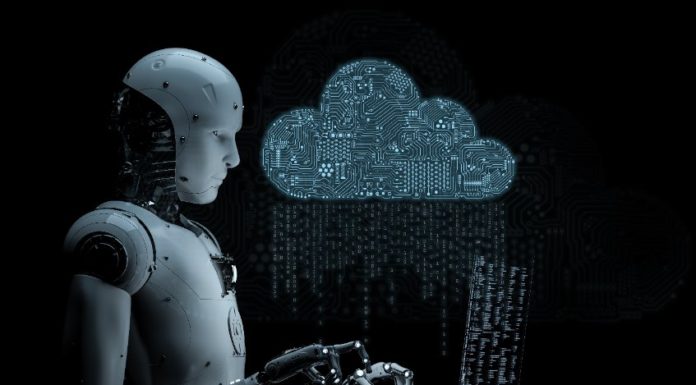Business growth often requires the adoption of the latest technologies. These innovations include artificial intelligence (AI) and cloud computing (CC). While these are two separate technologies, recent advancements have shown the possibility and benefits of their integration.
In its broadest definition, AI refers to machines that are able to learn, analyze and act independently. These tools have comparable independent decision-making abilities to humans and animals.
Most AI developments and uses now concern a class of algorithms known as machine learning. Such algorithms find patterns in enormous amounts of data by using statistics. These algorithms then apply these patterns to predict your online behavior, such as viewing preferences and buying journey.
Furthermore, deep learning, a subset of machine learning, offers robust insights into various everyday human experiences.
For example, deep learning has been the basis of many technological breakthroughs, including facial recognition, hyper-realistic photo and voice synthesis.
All those innovative solutions above have significantly contributed to various areas of human life, ranging from crime solving to creating new music genres. Still, these developments are just a tiny fraction of what AI and cloud computing can do for humans in the future.
Cloud computing is like using a computer remotely and typically involves using a computing service based on a cluster of hardware worldwide. This network of devices then delivers various information to your end.
With a network of hundreds of thousands of servers, your computer can provide a massive, shared capacity for computing. You can perform this activity using software, storage, or infrastructure.
Individuals typically use cloud systems through a particular application or service, such as Gmail or Facebook.
An insignificant portion of data you see on the screen when you subscribe to those services stays solely on your computer. For instance, a hardware system from a remote area handles software services like search, security and storage.
That mechanism may have resulted from considerations relating to economies of scale.
Centralized processing and storage are less expensive than building and maintaining your computing cluster. This setup is also more scalable.
You may think of each system as its own “little” cloud. However, these systems can communicate with each other because they are on the Internet.
In some cases, those services can transact with each other — like when you use your FB or Gmail account to register an account or sign on to an entirely different website or service platform.
Consequently, there are no strictly private clouds. In terms of resources, cloud computing is more open-ended and fluid, making it more adaptable to commercialization.
How AI and cloud computing relate to each other
Cloud computing and AI integration have allowed users to store, analyze and draw conclusions from data. For years, companies like IBM, Microsoft, Google and Amazon have invested in AI, especially cloud software solutions.
Today, you can identify cloud-AI in terms of the following sub-groups:
- Business Intelligence: Business intelligence (BI) services use cloud-based AI to obtain deep insights into the target audience’s behavior. BI uses cloud services to collect and organize large amounts of customer data.
Additionally, machine learning algorithms help with analysis and solutions.
- IoT cloud: IoT (Internet of Things) cloud is cloud-based IoT. Cloud services store and manage IoT-generated data. IoT examples include the Amazon Web Services (AWS) IoT platform and Microsoft’s Azure.
- AI-as-a-service platforms: This service enables individuals and businesses to experiment with AI for various uses with lower risks and a smaller initial investment. Since a third party provides AI outsourcing, you may see this platform as a particularly economical business model for starting companies.
- Cloud AI platforms: Google Cloud and AWS Cloud use AI platforms to train machine learning models, host trained models and use these models to make predictions and provide insights.
How AI and cloud computing are changing the digital marketing landscape
Marketing industries have experienced significant changes due to the widespread adoption of new technologies like cloud computing and AI’s impact on customer behavior.
Consequently, digital marketing practices have undergone significant changes. For instance, digital marketing today involves more than just displaying enticing advertisements online. It also involves integrating analytics and AI-based algorithms to enhance marketing efforts.
Another innovation in digital marketing is automation, making campaigns more productive and agile.
AI and cloud services have also enabled companies to mine customer data to develop personalized marketing efforts. These innovative solutions include collecting customer insights, developing algorithm-sensitive content and real-time campaign optimization.

